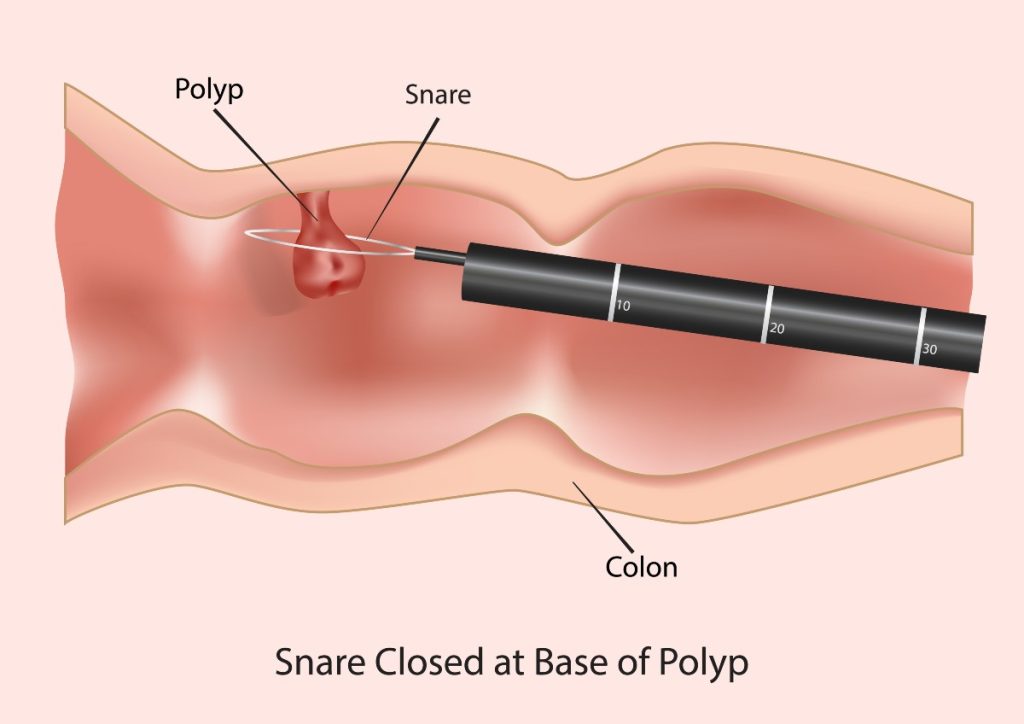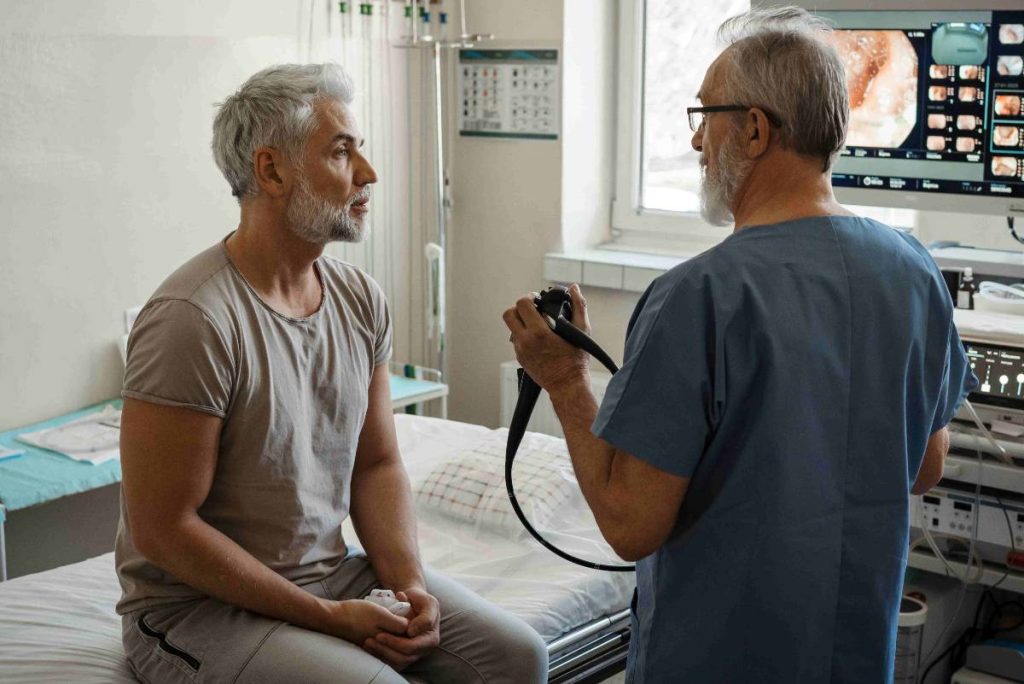When you hear the word colonoscopy, you might immediately think of colorectal cancer screening. While that’s true for many cases, there’s another kind of colonoscopy that serves a different but equally important purpose: the diagnostic colonoscopy. It’s more than prevention. It’s about finding answers when something feels off with your digestive health.
Understanding what a diagnostic colonoscopy is, why it’s done, and who should get one can make the process less intimidating and far more meaningful for your well-being.
What Is a Diagnostic Colonoscopy?
A diagnostic colonoscopy is a procedure doctors use to look inside your large intestine when you’re already showing symptoms that need explanation. Unlike a screening colonoscopy, which checks for early signs of colon cancer in people without symptoms, a diagnostic one helps uncover the cause of ongoing digestive issues.
Here’s how it works. A thin, flexible tube with a tiny camera is inserted through your rectum to view the entire colon. The doctor can spot anything unusual, such as inflammation, bleeding, ulcers, or precancerous polyps, and sometimes take a small tissue sample for testing.
It’s one of the most precise ways to examine the lower gastrointestinal tract and identify what’s causing your symptoms. The procedure usually takes about 30 to 60 minutes, and you’ll be sedated for comfort. It helps your doctor get a clear view of your colon so you can get accurate answers and timely treatment.
Why You Might Need a Diagnostic Colonoscopy
Your doctor may recommend a diagnostic colonoscopy when symptoms or test results suggest something isn’t right in your digestive system. It’s not just for older adults but for anyone who needs answers.
You might need one if you experience symptoms such as:
- Blood in the stool or dark, tarry bowel movements
- Unexplained weight loss or fatigue
- Persistent diarrhea or constipation that doesn’t improve
- Ongoing abdominal pain, bloating, or discomfort
Or if you’re in any of these situations:
- You’ve had abnormal results from stool tests or imaging scans.
- You need a follow-up colonoscopy to check previous findings, such as polyps or tissue changes.
- You have a family or personal history of colon cancer or colorectal polyps.
If that’s your situation, it’s worth consulting a specialist from a colonoscopy Singapore provider or one in your local area. A surgical center offering advanced colorectal care and precise diagnostic technology can ensure accurate assessment and effective treatment.
What To Expect Before, During, and After
Preparing for a colonoscopy is often the part people worry about most, but it’s manageable with the right mindset and instructions. A day or two before the procedure, you’ll switch to a clear liquid diet and take prescribed medication to clean your colon. Following your doctor’s prep plan carefully ensures clearer visibility during the exam. This means more accurate results.
During the procedure, you’ll be under light sedation, so you’ll feel relaxed and probably won’t remember much. The doctor inserts a thin, flexible tube into your rectum to explore your colon. If they find anything concerning, like polyps or inflamed tissue, they can remove or biopsy it immediately.

Afterward, you’ll rest until the sedative wears off. Some bloating or mild cramping is normal. Avoid drinking alcohol or driving, since the sedative can affect your coordination and alertness. While complications are rare, your doctor will discuss any possible risks with you beforehand, such as minor bleeding or reactions to sedation.
Before scheduling your procedure, it’s also smart to check your health insurance coverage to understand any costs involved. Some plans cover the entire procedure, especially when it’s recommended for medical reasons, so reach out to your provider for details.
Importance of Getting Checked
A diagnostic colonoscopy is a vital tool for protecting your health. It helps detect early signs of conditions such as colorectal cancer, inflammatory bowel disease, or ulcers, often before they become more serious. The sooner you know what’s happening, the sooner you and your doctor can take action.
Getting checked also brings peace of mind. If your symptoms turn out to be caused by something minor, you can focus on recovery instead of worrying. And if the results reveal something more serious, early detection usually means more treatment options and better outcomes.
Putting off the procedure because of fear or uncertainty can lead to prolonged discomfort or allow a treatable issue to worsen. Listening to your body and following your doctor’s advice helps you take charge of your health and feel more confident about your well-being.
Final Thoughts
A diagnostic colonoscopy might sound intimidating, but it’s one of the most effective ways to understand what’s happening inside your digestive system. The procedure helps doctors identify the cause of symptoms that affect your comfort while giving you a clearer picture of your overall health.
If your health care provider recommends a diagnostic colonoscopy, see it as an opportunity to take control of your well-being. The more you know, the sooner you can make informed decisions about treatment and recovery. With expert care and modern technology, getting checked can bring you the reassurance and relief you’ve been looking for.





